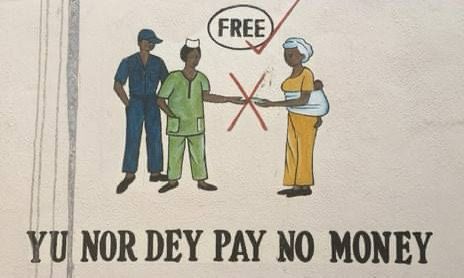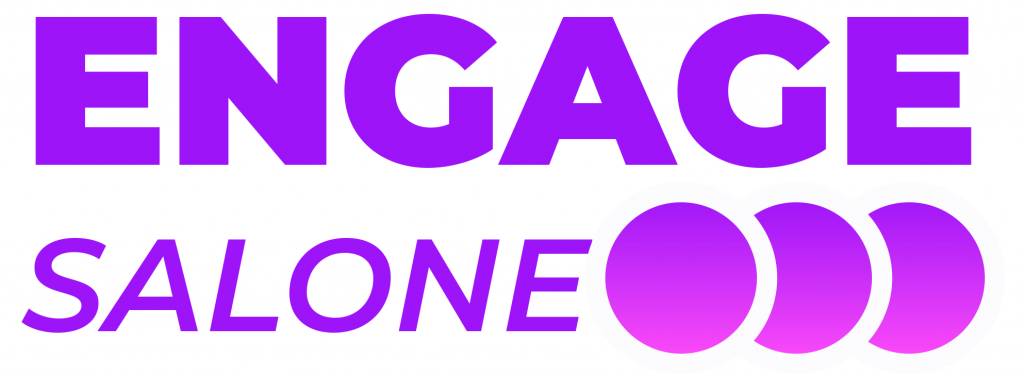On Sunday 27 April, our national flag will be flying high, we will be singing the national anthem and a speech marking our 64th year of independence will be echoing across the nation. We will be reminded of how far we have come as a nation, praised for our now-tired and battered ‘resilience’ for the challenges we continue to endure for over 60 years. We will be encouraged to believe and hope that we are on the right path to eradicating poverty, elevating our living standards and boosting our international reputation. Over and above these celebrations, it is worth enquiring what does independence truly mean when corruption, which is deeply embedded and insidious, continues to shake the very foundation of our governance, silencing our hopes and threatening our battered, yet cherished ‘resilience’ over six decades since the Union Jack came down? It sounds somehow rhetorical, right? In 1961, our dream of self-rule became a reality.
Our Independence heroes envisioned a nation where leadership would be deep-rooted in integrity and honesty, where public service resonates with its true meaning and where state institutions would not dance to the whims and caprices of the ruling government but are left to execute their functions for the benefit of all and not a selected few. As plausible as this dream may sound, the reality on the ground is threatening the realization of the independent dream. As a nation, we have struggled over time with the paradox of political emancipation in the absence of economic or systemic liberation. The culture of impunity, misappropriation of public funds and unchecked powers continue to rob citizens of their dignity and integrity, affecting the realization of the independence dream.
The 2024 Corruption Perceptions Index (CPI) released by Transparency International, which assesses perceived levels of public sector corruption, showed that our progress is either stalling or retrogressing. Sierra Leone scored 33 out of 100 and ranked 114th out of 180 countries. This score marks a decline from our 2023 score of 35, where we ranked 108th. These perception rankings resonate with the lived reality on the ground where procurement scandals and accusations of selective justice in anti-corruption enforcement show that the State has continually failed to protect the public purse. On a daily basis, ordinary citizens are forced to pay bribes for access to basic services. Our vibrant and young people who are the majority are struggling with unemployment with many taking to kush and addicted to other harmful substances. Recent elections show the high level of mistrust with our electoral system. Service delivery remains poor, inadequate or non-existent. Our hospitals are mostly running without electricity, and our roads are full of potholes. The reality is that each of these challenges reflects not just a governance issue, but a human rights violation and a betrayal of the independence dream.
As we celebrate our 64th year of independence, we must redefine what independence should look like as a nation going forward. In this technologically advanced era, we should start taking concrete steps to move away from a paper based financial management system towards a digitalized public financial management system to minimize waste and curb corruption. We should also take concrete steps to depoliticize the fight against corruption and dismantle the culture of political loyalty that seems to protect people with high-level connections to those in power. Whistleblowers of corruption must be protected and not victimized as we see the enactment of scary and draconian laws (the Cyber Security and Crime Act, for example) that undermine whistleblowing and free speech. Most importantly, fighting corruption in a democracy should not be used as a weapon against opposition voices, to settle political scores or going after the small fish to create a facade. The downside is that when anti-corruption institutions are perceived as partisan, they lose the very credibility that makes their work impactful.
Given the seismic shift in international development assistance with dwindling donor funds, there is an urgent need for greater self-reliance of which curbing corruption and efficient utilization of domestic resources becomes not just a good governance matter but a human rights issue that hinges on our survival. The recent dissolution of USAID by the Trump Administration and the significant aid cuts from the United Kingdom are not just isolated policy changes but will likely mark the beginning of the end of aid dependency. These changes should not be seen as a loss, but a call to action for proper fiscal management of our own resources. As a nation, when we curb corruption, we are not just cleaning up our systems but opening our doors to credible foreign direct investments, new partnerships, private sector growth and public trust in these troubling times.
In the end, let us remember that as a nation, we are not without hope. Our population is young, vibrant and hungry for change. We have the tools, the laws, and increasingly the technology to make governance more transparent and fight the internal enemy we have tolerated for far too long.
As we head into the independence fanfare, let us be reminded that independence was not just about bringing down the Union Jack or shaking off colonial rule and raising our national flag. It was about self-determination, self-esteem, and dignity through good governance, human rights and democracy.


